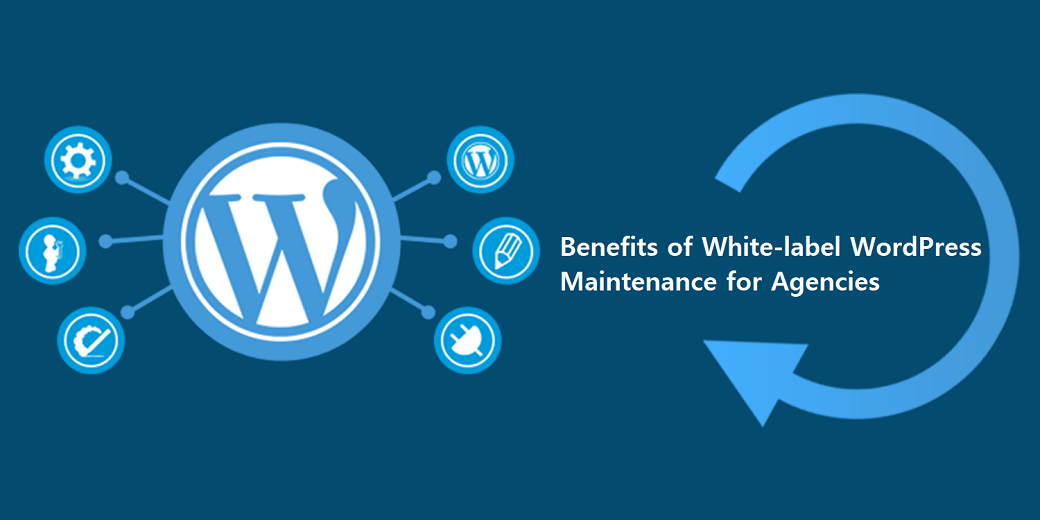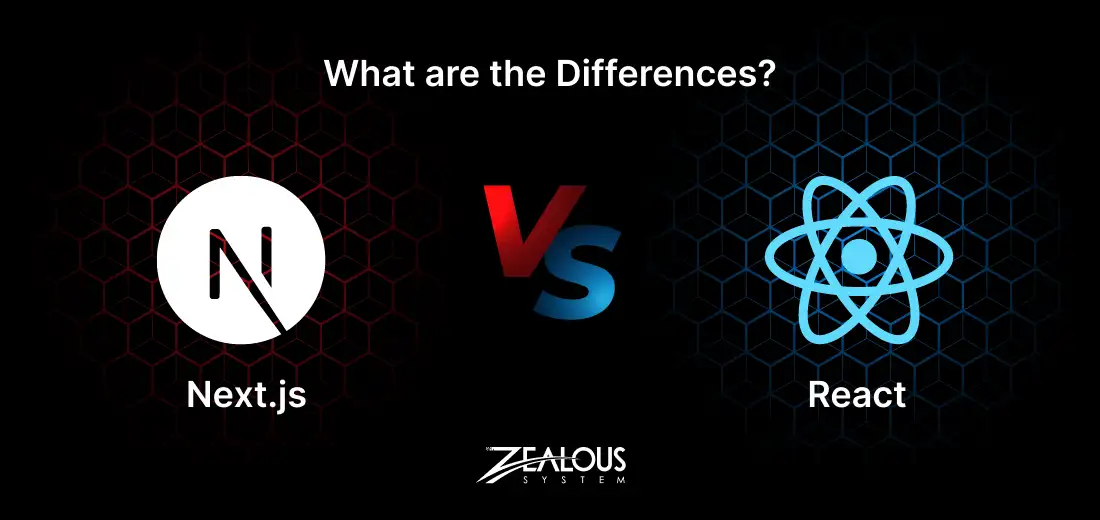
We use cookies and similar technologies that are necessary to operate the website. Additional cookies are used to perform analysis of website usage. please read our Privacy Policy
Latest Insights on Emerging Technology and Digital Transformation
IoT in Construction: Benefits, Use-Cases & Application, Implementation

The construction industry is undergoing a digital revolution. While known for its traditional methods, embracing innovative technologies like the Internet of Things (IoT) is becoming a game-changer. IoT integration in construction sites holds immense potential to improve efficiency, safety, and overall project success. By using IoT devices and data analytics, construction companies can streamline operations, Keep Reading…
How to Build an AI Workout App?

In an era where technology shapes much of our daily lives, the realm of fitness has not been left untouched. The AI workout app development marks a significant evolution, offering enhanced workout efficiency, personalized coaching, and reduced injury risks. These applications leverage artificial intelligence to tailor fitness experiences to individual needs, transforming how we approach Keep Reading…
Top 10 React Native App Development Companies in UAE 2024

Now is the time, when it has become impossible to imagine your day or your business running without a mobile application. With the increasing demand for mobile apps, companies are turning to cross-platform development frameworks like React Native to build high-quality, cost-effective apps. React Native is an open-source mobile app development framework created by Facebook. Keep Reading…
Top 10 Benefits of White-label WordPress Maintenance for Agencies

Starting out with WordPress can be tough for a new agency and challenging to bring fresh clients and establish themselves as a brand. It’s essential to discover your unique way of doing things and proving quality service at more competitive rates than others. However, maintaining WordPress websites can be a time-consuming and resource-intensive task for Keep Reading…
Top 10 Education Software Development Companies in South Africa 2024

The education technology (EdTech) market is experiencing a significant boom, particularly in Africa, where innovative software development companies are leading the charge. As the demand for digital learning solutions grows, so does the need for cutting-edge software that can transform the education sector. Africa’s EdTech market is witnessing rapid growth due to several factors. The Keep Reading…
Building Real Time Applications with NodeJS: The Complete Guide

Node.js is highly regarded in web development as a JavaScript runtime engine, which means it can run JavaScript code outside of just web browsers. It operates on the Chrome V8 engine and has claimed the top spot among leading web frameworks, according to data from Statista. Recent statistics highlight Node.js’s popularity, with the 2023 Statista Keep Reading…
Gamification in Education: Benefits, Technologies & Strategies

In today’s digital age, traditional teaching methods are being reimagined to engage students in more effective ways. One such method gaining popularity is gamification in education. By integrating elements of games into the learning process, educators are finding innovative ways to make learning more enjoyable, interactive, and ultimately, more effective. Gamification in education has emerged Keep Reading…
What’s New in WordPress 6.5? Features and Updates

WordPress 6.5 is here! This is the first major update of the year 2024 and a particularly promising one. On April 2, 2024, WordPress 6.5 “Regina” was released to the public. Taking cues from the influential Jazz artist Regina Carter, WordPress 6.5 elevates the process of website design to unprecedented levels. The newest developer tools, Keep Reading…
How To Setup an Offshore Development Center in India?

In recent times, there has been a surge in demand for offshore development centers (ODCs). Among the top choices for establishing ODCs is India, known for its abundant pool of skilled professionals. Global companies place their trust in India for fulfilling their software development requirements. This article delves into the process of establishing an offshore Keep Reading…
Next.js vs React: Which Framework Should You Use? When?

Choosing the right framework and libraries is crucial for building robust, scalable, and high-performance web applications. Two popular choices that often come into consideration are React and Next.js. Both are JavaScript frameworks with their own unique features and advantages. In this blog post, we’ll delve deep into the comparison between Next.js and React to help Keep Reading…
Subscribe To Our Blog
Get The Latest Updates On Design, Development, And Technology Trends Right In Your Inbox.

